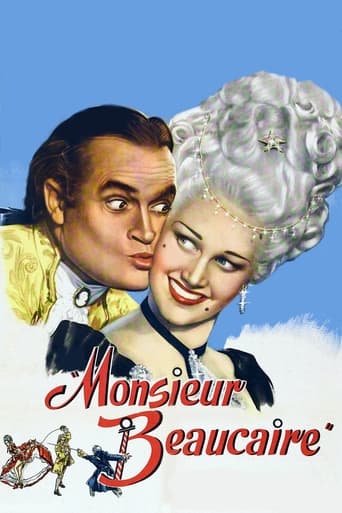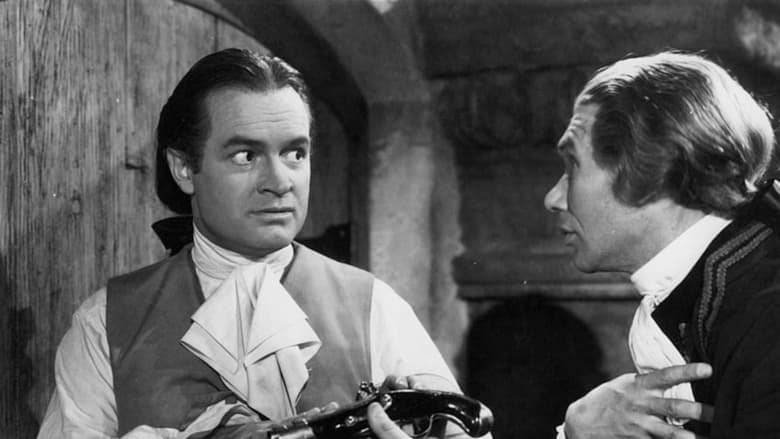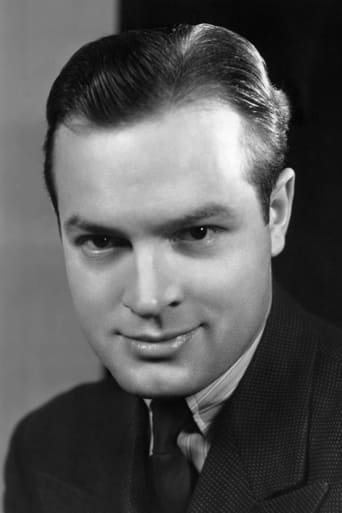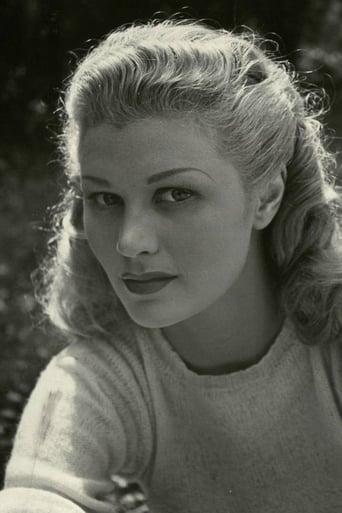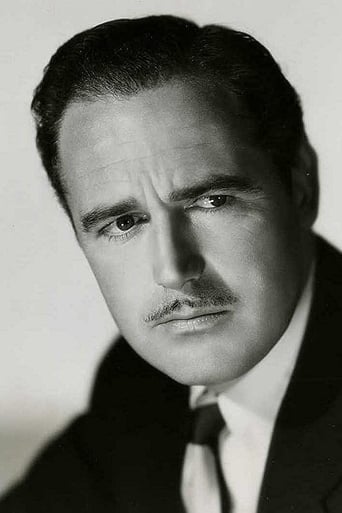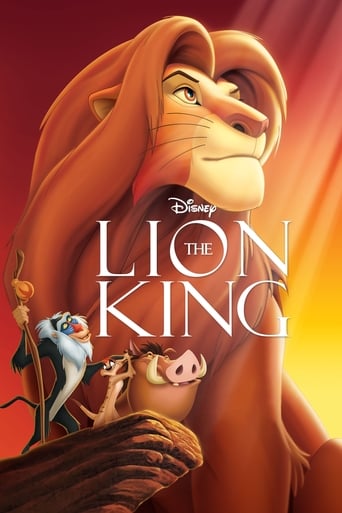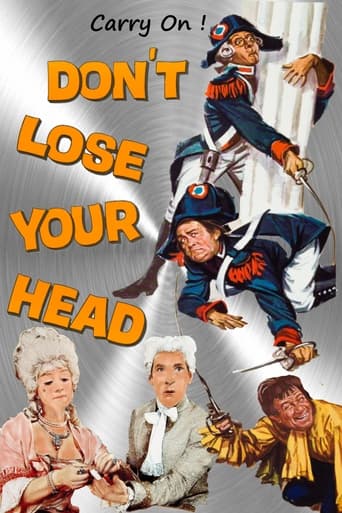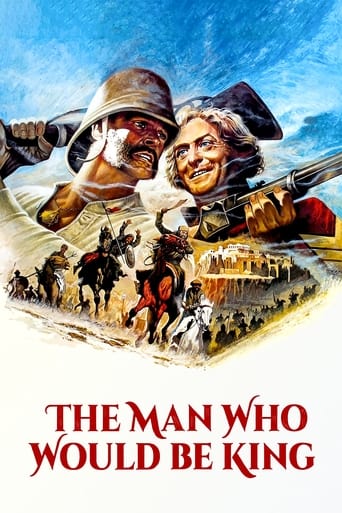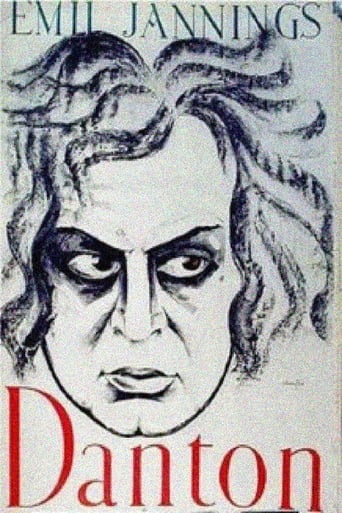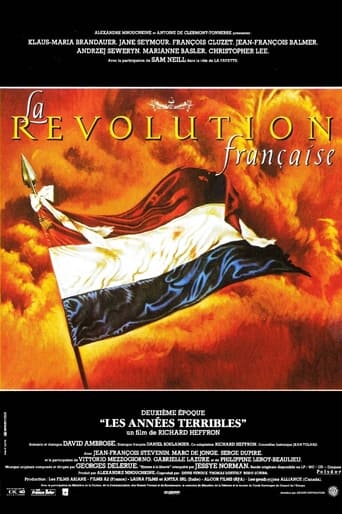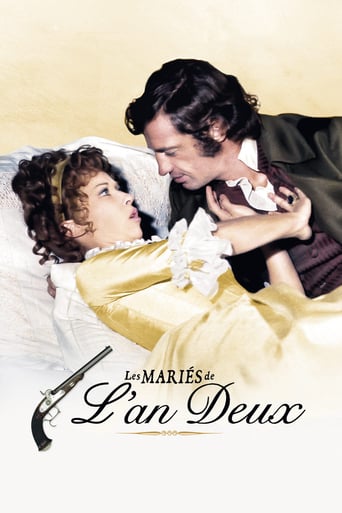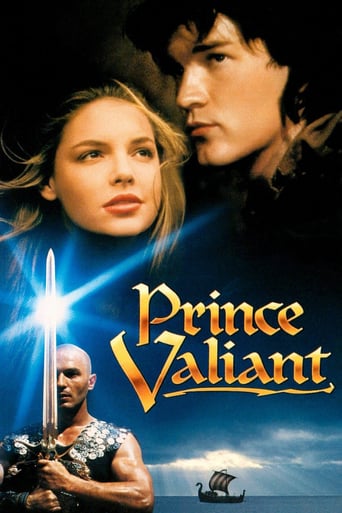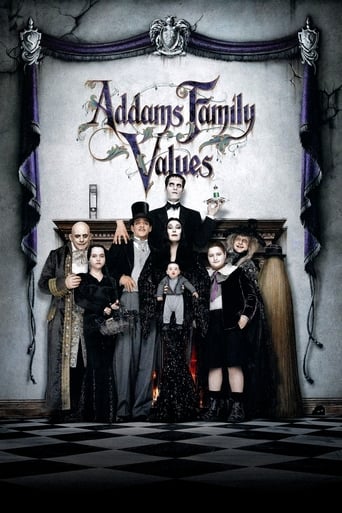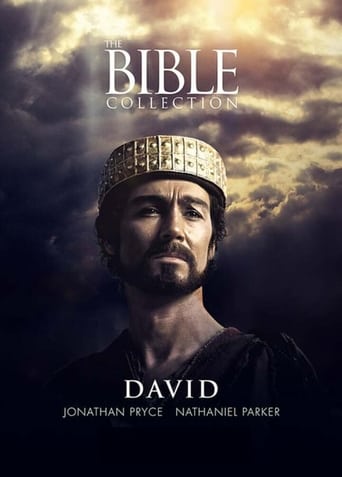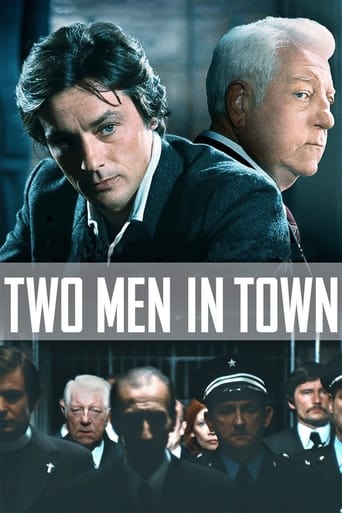Monsieur Beaucaire (1946)
A bumbling barber in the court of King Louis XV becomes engaged in political intrigue when he masquerades as a dashing nobleman engaged to the princess of Spain.
Watch Trailer
Free Trial Channels
Cast


Similar titles
Reviews
Crappy film
Best movie ever!
This is a tender, generous movie that likes its characters and presents them as real people, full of flaws and strengths.
One of the film's great tricks is that, for a time, you think it will go down a rabbit hole of unrealistic glorification.
Loosely based on the Booth Tarkington novel, the story is about how the King of Spain offers his daughter's hand in marriage to a noble in the King of France's court, and the French king accepts. Problem: a general in Spain hopes to sabotage this marriage and usurp the Spanish throne.Hope is a bumbling royal barber who pursues an uninterested royal scullery maid, and his bumbling eventually gets both into serious trouble. The French noble who is due to go to Spain and marry the princess, however, rescues the barber with the idea of counteracting the plot against him, and the barber bumbles his way through that.Hope makes his wisecracks and does physical comedy without being too silly. Costumes and settings are exquisite, though the sword fighting scenes are disappointing. Still very funny entertainment.
Bob Hope had a great talent for making mediocre lines sound funny. Here the lines he delivers are actually as hilarious as his delivery.He actually does some quite decent acting in this one. The character of the barber Beaucaire is more romantic and less cynical than the comedian Hope.Hope has surrounded himself with some of the most talented people in Hollywood. Cinematographer Lionel Lindon was nominated three times for an Oscar and won once with "Around the World in 80 Days." Film Editor Arthur P. Schmidt was nominated twice (for "Sayonara" and "Sunset Blvd.") Composer Robert Dolan was nominated 8 times between 1942 and 1947. Sadly, he never won. He should have been nominated for this movie, but he was already nominated for "Blue Skys" in 1946. Art Director, Hans Dreier, was nominated 20 times and won 4 Oscars. He should have been nominated for this movie, but he already had two other nominations in 1946. Set Decorator, Sam Comer was nominated 22 times and also won 4 Oscars. Male Costume Designer Giles Steele got 4 nominations and won twice. Mary Kay Dobson. who did the exquisite gowns in this film, was never nominated, but she should have won an Oscar for the fantastic four foot wide hooped skirts the women wear.Hope was never nominated for an Oscar, but this is the one movie where I think his performance merited consideration.Joan Caulfield, in only her second film, is dazzling. As Mimi, Beaucaire's love interest, she is hilarious and has excellent chemistry with Hope. The same year, she played the love interest of both Fred Astaire and Bing Crosby in "Blue Skys". Everybody else in the cast is just delightful.The funniest scene is when Beaucaire meets the King of Spain. Beaucaire is pretending to be an aristocrat. He is told to act "distainful" When they meet, Beaucaire and the King just glare at each other through lorngettes (opera glasses).Second funniest is when Beaucaire gets exposed as a barber and slapped. The king tells him to slap the fellow back. "Everybody is entitled to his opinion," answers Hope meekly, "Why if I had a sword..." A lackey offers his sword to Hope, who quickly pushes him away, saying, "Mind your own business." If you're in the mood for a wonderful and sweet old romantic comedy, put across by some of the most talented people in the golden age of Hollywood, don't miss it.
This film was done when Hope was at or near the peak of both his film popularity and his comic abilities. Based on a Booth Tarkington novella, which had served Rudolph Valentino with mixed results in 1924 (he acted well, but the part labeled him as gay with certain male critics), the story is how Hope is the barber at Versailles to King Louis XV (Reginald Owen), gets into serious hot water with the King and Queen (Constance Collier) and is forced to flee the palace disguised as the Duc de Chandre (Patrick Knowles). Owen has sent Knowles to Spain to get rid of him (he's a rival for Madame de Pompadour - Hillary Brooke), and to have him marry the daughter of the King of Spain (Marjorie Reynolds, who is daughter to Howard Freeman). But Knowles is a target for an assassination by minions of the head of the Spanish Army (Don Francisco - Joseph Schildkraut). So Knowles and his associate (Cecil Kellaway) let Hope masquerade as Knowles. Knowles, in the meantime, is looking for the delightful looking woman he met on the way to Spain - he does not realize it is Reynolds. And Hope keeps crossing paths with his old girlfriend, Mimi (Joan Caulfield), who is furious at him for getting her banished from France accidentally.In 1946 Hope was between 44 and 42 years old, so physically he still looked reasonably presentable as a man (when properly made up with make-up) who is in his 30s. That helps considerably. Compare this film to it's Technicolor counterpart in the middle 1950s, CASANOVA'S BIG NIGHT. In that film the plot is very similar, but the middle aged man, with the middle aged spread is not believable as even a comic substitute for the great lover. He is just plausible in BEAUCAIRE. He also demonstrates his timing is sharper, and he even demonstrates (possibly accidentally, but one wonders) a gift for mimicry. At one point he is speaking when behind a mask as though he is Owen, and he momentarily does capture something of the speech pattern and bluster of the English actor.As pure escapism the film is more than adequate. As history it is questionable. Schildkraut is a type of Spanish Napoleon, wanting to overthrow the royal family in a war between Spain and France. Hence the need for the royal marriage that involves Knowles and Reynolds. But the military in Spain in the 18th Century produced no such figure as Don Fernando (it is hard to believe the screen writers Norman Panama and Melvin Frank were thinking of a later adventurer and court favorite Count Godoy). Owen is quite good at being Louis (he had played the role a decade earlier in the George Arliss film VOLTAIRE). The year is never giver - actually it is quite vague, but 1765 seems the most probable year: At one point Collier and Owen are reminiscing about their wedding. Queen Marie (the daughter of the King of Poland) married Louis in 1725, and Owen mentions they've been married 40 years). The Queen died in 1768, and Louis died in 1774. The problem is that the Spanish King is Philip II in the cast. King Philip II of Spain ruled from 1555 - 1598. The King of Spain in 1765 was Carlos III (notable for a number of reforms, and being reluctantly drawn into policies by the French). You see, the Bourbon Family had begun ruling Spain in 1714, at the end of the War of the Spanish Succession, when King Louis XIV's second oldest son became King Philip V of Spain (the Philip they screenwriters were probably thinking of). But the so-called "Family Compact" united the foreign policies of Spain and France for most of the 18th Century. So the threat of a war between the two countries never really existed in history at this time.There are many nice touches in the film: Hope's attempt at suicide (with an unknotted hangman's noose) that is almost pushed to completion by his friend Leonid Kinski; Hope's mimicry of Owen (mentioned above); the climactic duel between Hope and Schildkraut, in which both men get entangled with a harp and a cello. Caulfield and Knowles both get a chance to sing. And Hope even (with Schildkraut's assistance) gets a passing shot (literally) at his rival/friend from the "Road" Pictures. It remains an entertaining spoof, and one of Hope's best comedies.
A "costume comedy" of the sort occasionally essayed by Bob Hope, this "version" of the Booth Tarkington novel is meant as a pastiche of the 1924 Rudolph Valentino film, but the one-liner master extraordinaire and his favourite scriptors, Melvin Frank and Norman Panama, can not resist going their own way, and a comically winning tangent it is. Splendidly directed by George Marshall, with top-flight cinematography and editing by Lionel Lindon and Arthur Schmidt, respectively, the action unfolds in the royal courts of 18th century France and Spain, nations on the verge of war. As the barber for King Louis XV (Reginald Owen), Beaucaire (Hope) finds himself in a situation where he must impersonate a nobleman, the Duc Le Chandre, or lose his head, whereas in the Tarkington original his impersonation is clearly of his own choosing. Meantime, in Madrid, conniving Don Francisco, commander-in-chief of the Spanish army, desires to prevent the upcoming marriage of the actual Le Chandre (Patric Knowles) with Spanish Princess Maria (Margaret Lindsay), by assassination if necessary, in order to destabilize the crown, leading to armed hostilities between the neighbouring countries and an opportunity for him to organize a coup. The false Duke, Beaucaire, becomes the prospective victim of this homicidal chicanery and we view him at his wedding ceremony where desperate measures must be taken to avoid being captured and then killed in quick succession. Hope's gags are beyond counting, some of them quite funny and all featuring his perfect timing, and a scene at the Spanish court that satirizes the use of the lorgnette by the nobility is classic, while there is pulchritude galore with three excellent actresses: Joan Caulfield as Beaucaire's true love Mimi, Hillary Brooke as Mme. Pompadour, and the lovely Lindsay, given her first role since Paramount picked up her contract. Also to be commended for their sharp performances in this fast-moving frolic are the swashbuckling Knowles, Schildkraut, Owen, Cecil Kellaway and Constance Collier, while Hope is supported for the first time by songs from Ray Evans and Jay Livingston, contributors to 11 subsequent films by the comedian, whose work here was Woody Allen's inspiration for the latter's LOVE AND DEATH.

